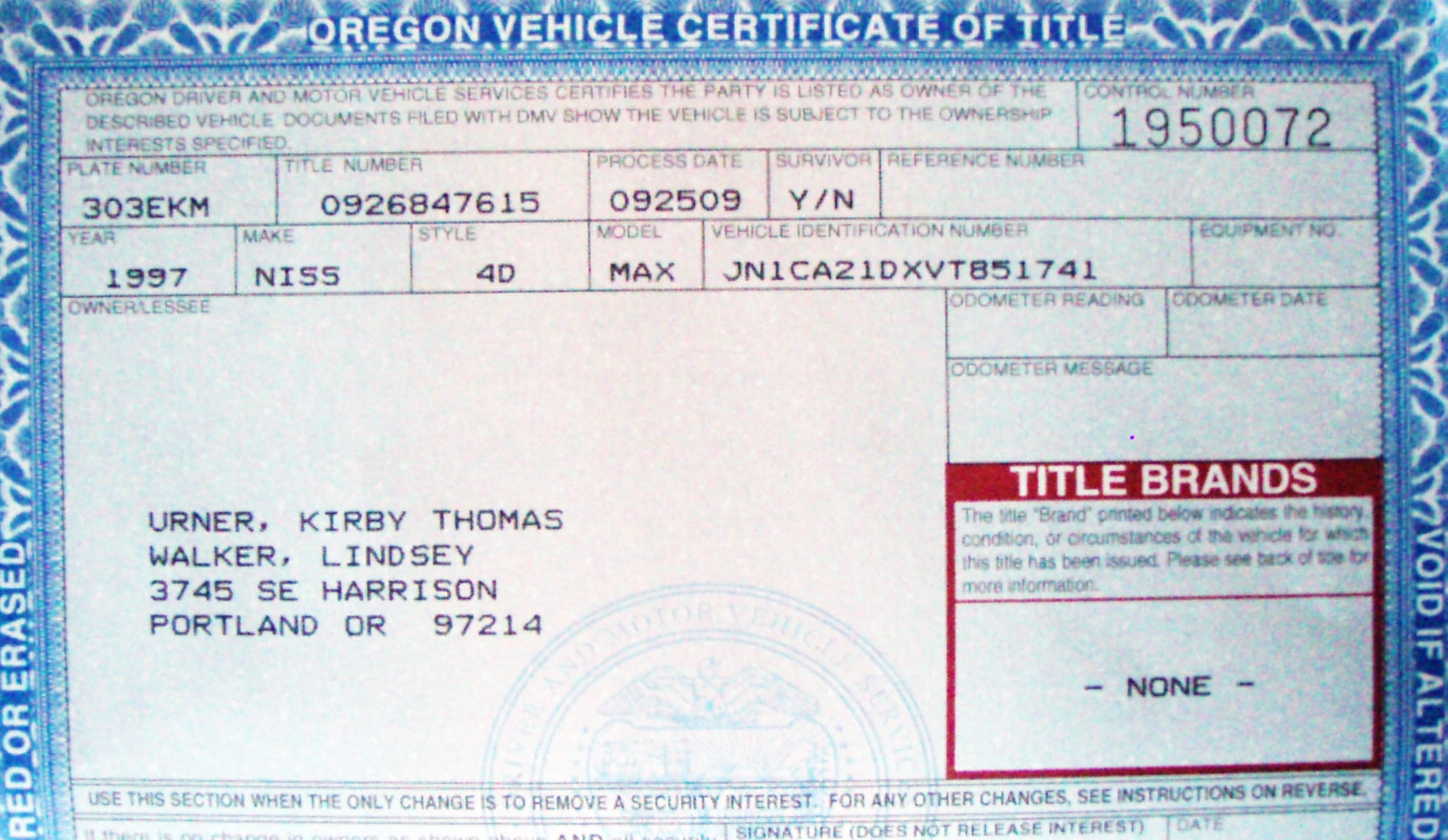Whether you just witnessed a hit and run or someone is trying to sell you their truck, there is a legitimate reason as to why you’d want to know the identity of the vehicle’s owner. But this is easier said than done; before you succeed in this endeavor, it will require some investigation skills.
Luckily, there are several ways you can do this depending on the resources you have at hand. So, the next time you notice a “suspicious” car abandoned in your driveway, this post will guide you how to find the current owner of a vehicle.
What Information Do You Need?
If you’re planning to determine the identity of a vehicle’s owner, various resources will help you to achieve your goal. This will include information about the car such as:
- The license plate number of the vehicle
- Car make and model
- Vehicle Identification Number -commonly referred to as VIN
- Unique characteristics, e.g. paintwork, dents, accessories, etc.
Any of the above information will come in handy in your search for the vehicle’s owner depending on the method you want to pursue.
Finding a Vehicle’s Current Owner
There are several ways you can do this, as long as you have the relevant car information available.
Notifying the Authorities
Calling the Police
When you witness a crime such as an accident, hit-and-run or vandalism of an abandoned car, calling the police is always your best bet. Don't take matters into your own hands! To give the authorities key information on the scene of offense, try to observe and write down details like make & model of vehicle and license plate number if possible. Doing so can help them identify any perpetrators quickly .
The Vehicle Identification Number is another crucial piece of data that will assist you to find the owner of the car. If you are in a position to get close enough to the vehicle, you may be able to see the VIN by peeping through the dashboard. On most cars, it’s usually on the left bottom corner of the dashboard (driver’s side).
Even after providing law enforcement with the details, remember to also give them your personal details to stay ahead of the matter.
Consult Your Insurance Company
This is a course of action you’d want to take if your vehicle was hit by a motorist that sped off or in case of a stolen car. If you’re considering the possibility of a claim or filing one, approach your insurance company.
Insurance agencies have resources that you may not have and they can find the owner of the vehicle relatively easy. Just remember to provide accurate information about the “suspect” vehicle and cooperate fully with them.
Contact the Registry of Motor Vehicles
If you need to look up a vehicle's details, the Registry of Motor Vehicles may be able to help. While they won't provide information directly if you have an insurance agent or lawyer in mind who could use this data for any relevant purpose – simply supply them with your license plate and VIN!

Using Online Resources
You can use several online resources to perform VIN reference checks. Most of these, especially those offering a free search are there to help people buying second-hand cars to check if they are not buying a stolen car.
To gain more comprehensive personal information such as full name, phone number and address you can opt to purchase a service. It is important to remember that the accuracy of this data cannot be guaranteed so it is recommended that the details are always double-checked for confirmation.
Use Available Resources
Check the Title
When buying or selling a car you should have the paperwork pertaining to the transaction. The information is contained in the Certificate of Title and will have the details of both the seller and buyer of the car. Search the house to find your Certificate of Title.
This approach is useful when you previously sold your old car and you are trying to locate the new owner or if you just bought a used car and you’re trying to locate the previous owner. In this case, you should have the relevant paperwork to help you find the details of the owner.

Check the Bill of Sale
Another document that you can use is the bill of sale. This document is usually optional in some states while in others it is a requirement. It identifies the seller, as well as the current owner of the vehicle.
Typically, the bill of sale isn’t recorded with the motor vehicle registry. It is a document you’re likely to keep somewhere from the last sale of the vehicle and will prove beneficial when you want to track down the vehicle’s owner.
Check Accessible Accident/Insurance Reports
If you're on the hunt for information about a car's current owner, checking its VIN can unearth some helpful details. See if any old insurance claims or accidents are tied to it by contacting associated companies and researching their records systems - these may lead you one step closer to your mission!
Get in Touch with Car Clubs
Connect with car enthusiasts around the world through an array of online resources. Find out who owns that classic Mustang you spotted, or learn more about a particular marque - all it takes is typing 'car clubs' into your search engine! Get up to speed on vehicle features and specs by taking note of descriptive details when admiring cars in person.
Just go to any of the local car clubs you found under your google search and type in the details of the car as uniquely as possible. This will significantly narrow down the search and take you closer to finding the person you’re looking for.
You will find car clubs that provide very personal details about the owner, including name and other contact information. If you’re lucky enough, you might even get the home address of the owner.
Do Your Own Advertising
Place a Traditional Ad in the Paper
This may not be the best way to trace a vehicle’s owner but if you are keen on finding them, then you can’t leave any stone unturned. This is especially true if you believe that the owner is in your geographical area.
Contact the local dailies to run an ad with the relevant information and description of the car. You can even state the reason for your search and provide contact details so that they can get in touch with you. If you’re lucky, the owner will see the ad and call you personally.
Advertise on a Car Magazine
If you're the proud owner of a classic car that could be considered to have collector's value, then why not try your luck in one of many popular automotive magazines? Describe its unique features and appearance so as to differentiate it from other vehicles. You never know if this might turn out to be someone who truly appreciates such gems--so don't forget leave behind your contact information!
Note that you shouldn’t post too much confidential information about yourself that may compromise your safety and that of your household. If you have to meet the person after being contacted, do it in a public space.
Post the Ad on Social Media
Social media is probably the fastest way to get your word out there. Not only is its reach unlimited, the message also gets to your intended audience in the blink of an eye. There are numerous social media platforms you can use for this, including Facebook, Twitter, Instagram, Tik Tok, etc.
Just find the trendiest hashtag on social media and post your ad there. It would be better if you have a picture of the car so that you can post it alongside the message you want to send out. If it’s a car you spotted in your neighborhood, this becomes much easier for you to find the owner.
Conclusion
The methods above are all useful to find the current owner of a vehicle. Whichever you decide to go with, remember not to provide too much of your personal information that may expose you to shady characters.
Hopefully, you have a legitimate reason why you are searching for the owner of the car and there’s nothing suspicious about your endeavor!

